During these challenging times of COVID, many have asked us if Eliminate Poverty NOW! is able to continue its mission of “Empowering Africa’s extreme poor to lift themselves out of poverty” – and the answer is a resounding YES! Poverty cannot take a hiatus due to COVID or for any other reason. The people we serve are constantly hurdling obstacles and all the more in these trying times.
While wildfires have raged in the western US, Niger has been pummeled by torrential rains resulting in flooding conditions they have not seen in nearly 100 years. Areas bordering the Niger River are the hardest hit. Fortunately, most of our sites have been spared, including the area where the new DOV Center campus is being constructed. However, the DOV Center Training Gardens along with the neighboring Ecole Centre gardens, both located closer to the river, have been flooded. We will not know the extent of the damage until the waters fully recede.
Rice fields and farms that border the Niger River are still under water and there is a real concern that food shortages will occur in the coming months. Many residents with mud homes damaged or destroyed by the floods have been forced to live in tents and some are sheltering in school buildings. All this is happening during a pandemic in a country with little or no real infrastructure in place.
Disaster relief is not part of our mission, but EPN and Pencils4Kids (our Canadian NGO partner) have each pledged $5,000 to purchase whatever assistance is most needed in the communities where we work. At some point we may want to increase that support based on final assessments of the damage.
Yet, despite these challenges, we continue to move forward with plans to create the preeminent training center for horticulture in Niger. Architectural plans for The Dov Center have been finalized and we are identifying construction companies to bid on the project. We are conducting a national job search for the school’s Director General. The application for accreditation with Niger’s Ministry of Higher Education must include partnership agreements with other organizations in the field and we are assembling an outstanding group of partners! ICRISAT has already signed on and we are finalizing agreements with the Songhai Center and Volcani, the agricultural science arm of Israel’s Ministry of Agriculture. COVID-permitting, we are on track to open our doors in Q4 2021.
Turning to Kenya and Little Rock - COVID numbers continue to run high. The Kenyan government shuttered public schools in March and has announced tentative plans to reopen them in January 2021. Remote learning in Kenya is not a realistic option, given the lack of computers and internet connections. Lily Oyare, Little Rock’s founder and principal, says that they have been printing and distributing lessons to the primary school age children, but the preschool is closed. And our Little Rock Scholars do their best to stay engaged academically from home.
To sum up, we are doing the best we can under challenging circumstances, making as much progress as conditions allow, and planning for a major milestone in 2021 with the opening of The Dov Center.










